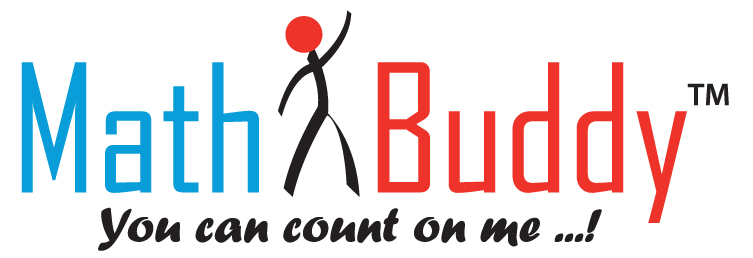Teaching Students to Use Resources to Find Answers
https://blog.mathbuddyonline.com/wp-content/themes/corpus/images/empty/thumbnail.jpg 150 150 admin admin https://secure.gravatar.com/avatar/4281060985443ada8cbf3f192a4cba8f?s=96&d=mm&r=gRelying only on the textbook that is provided for students in most schools may not be enough in order for them to have the successful educational experience that you want. Students can benefit from a variety of supplementary resource materials, and you may not even realize what resources are available to you. You can find resources that will help your child prepare for tests, learn more about topics they are studying, and master the concepts that are presented to them, in any subject. This will make your student’s educational experiences run as smoothly as possible.
One of the first places that you should look is your child’s classroom. Talk with his or her teachers about the areas in which your student is struggling and ask the teacher if there are supplementary materials that may be useful for these purposes. There may be workbooks, textbooks, flashcards, websites or computer programs that you can check out from your child’s classroom for use during extra practice time at home. Even if your child’s teacher does not have what you need, he or she can probably point you in the right direction. This direction may be another educator, such as the department head for the subject area, a skills specialist, or a curriculum supervisor. These administrative positions have been added in recent years, as the emphasis on benchmark and standardized tests has increased. Find out what professionals are on staff to help you with your search for better resources.
Computer software programs can go a long way in helping your child master difficult concepts. Making practice fun is a great way to encourage your student to work hard. Check out websites like MathBuddyOnline that offer educational activities designed by experts to assist your student. You can also find information online about how to best teach specific topics. The Internet is a fantastic resource if you know where to look. Look for sites designed for educators and resources intended for homeschooling families. You might also find information at your State’s Department of Education website.
The textbook can be a valuable resource, when used in a way that maximizes its effectiveness. Familiarize yourself with the content of your child’s textbook so that you know how to use it to the best advantage. Check to see how the chapters are laid out, in terms of vocabulary words, review sections, practice tests, examples, etc. Does your child’s textbook have an accompanying workbook for extra practice available? Is there a CD Rom available, or a website? Take a look at the publisher’s website and you can often find more exercises and other supplementary material. Use all of the sections of the textbook to find out which are most effective for your child.
The library is an excellent source of educational resources. You can find a wide variety of magazines and newspapers to supplement your child’s education, as well as books on any topic he or she may be studying. Ask the librarian what else is available and take advantage of all that your library has to offer. For older students, a local college or university may also be a great source of educational resources. With a little searching, you may find other local sources of valuable information, including natural history and fine arts museums, zoos, symphonies and orchestras, theaters, and other similar places. Don’t forget fun resources, like board games, computer games and toys! These education-centered products make learning fun for children of all ages. When you use resources to maximize your student’s education, you help them to have the best possible chance for successful learning.
- Posted In:
- Math Buddy



